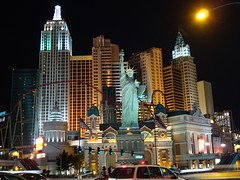Desire and Darkness
Toxicity and Desire
The strength of our desire nature is determined by the degree of toxic emotion in our system. Toxic emotions create internal distance from our real self. Once that internal distance exists, most of us will attempt to close it by using desire rather than unconditional love in seeking fulfillment. Of course this strategy creates the opposite result of what we intended. Instead of leading to fulfillment, desire creates more internal distance between who we really are and what we have become.
Desire does not shorten our way home, but will, instead, add many unnecessary detours to our journey. While the pursuit of what we desire will not cure our emptiness, it does add to our desperation.
The Thrust of Desire
The internal distance from our real self that desire creates is the terrain of the negative ego. It is a terrain that we protect by our denial of its existence. One reason we resist facing ourselves is that the natural thrust of desire is outward. Desire seduces us with the idea that the answer to being lost, empty, confused, or unhappy can be found in the material world, rather than within ourselves. What we find in the material world, however, are material things. Material things can prop us up or puff us up, but they will never reveal who we really are. By leading us outward in the search for our truth, desire leads us in the wrong direction. In pursuing the material world to the detriment of our inner world, desire leads us away from confronting our shadow, which is comprised of our unresolved toxic energies.
The paradox of desire is that while it encourages us to walk away from our darkness, it is only by walking toward our darkness that we will go free. Inner darkness is always the antagonist of inner freedom. In many ways, desire is the agent of that darkness. As long as desire rules the psyche, that darkness will remain intact, and the internal distance we must travel to find ourselves is in constant danger of growing longer.

